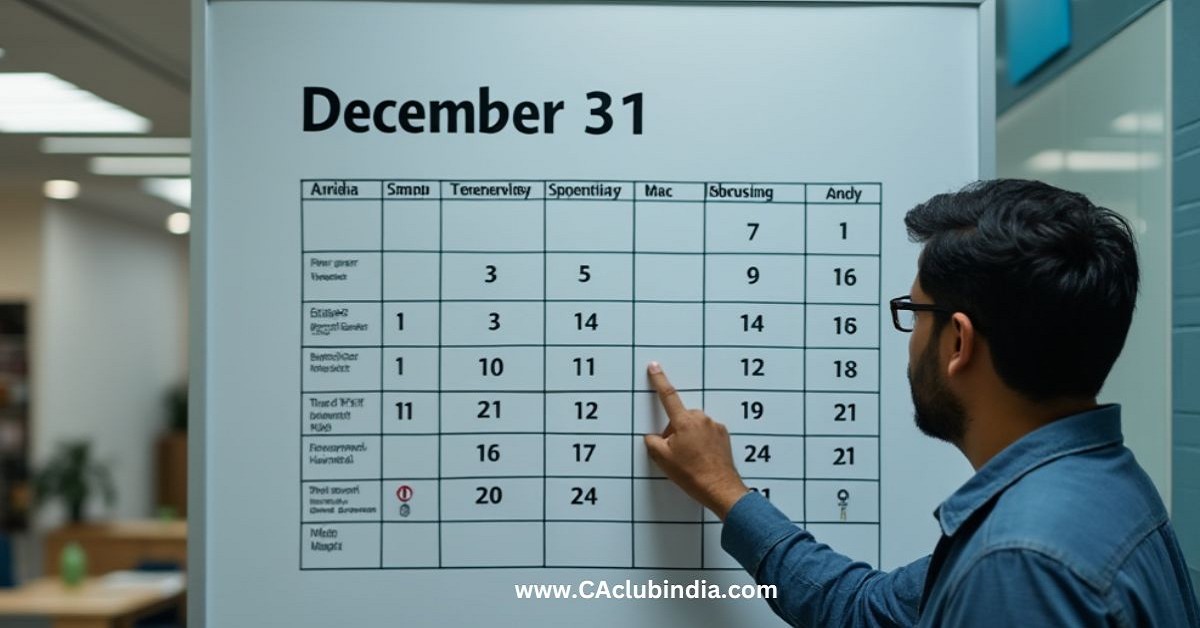The Income Tax Department has officially notified the Vivad Se Vishwas Scheme 2.0, aimed at providing a mechanism for settling pending income tax disputes with reduced settlement amounts for those who file declarations before December 31, 2024. The scheme, introduced by Finance Minister Nirmala Sitharaman in her 2024 Budget speech, comes into effect on October 1, 2024, with accompanying Rules and Forms now available.

Key Features of Vivad Se Vishwas Scheme 2.0
The scheme encourages early resolution by offering lesser settlement amounts for taxpayers classified as "new appellants" compared to "old appellants" and further reductions for those filing declarations by the December deadline. After January 1, 2025, the tax settlement rates will increase by 10%, incentivizing prompt action.
The Central Board of Direct Taxes (CBDT) outlined the specifics of the scheme, which requires taxpayers to file declarations electronically using a series of newly introduced forms:
- Form-1: Declaration and Undertaking by the taxpayer.
- Form-2: Certificate issued by the Designated Authority.
- Form-3: Intimation of payment, to be submitted electronically with proof of appeal withdrawal.
- Form-4: Final Order for Full and Final Settlement by the Designated Authority.
The scheme mandates that separate Form-1 submissions be made for each dispute, except in cases where both the appellant and the Income Tax Authority have filed appeals on the same issue, in which case a single Form-1 is sufficient.
A Step Towards Litigation Management
With over 2.7 crore direct tax demands totaling Rs 35 lakh crore currently under dispute, Vivad Se Vishwas 2.0 is expected to significantly reduce litigation. The forms will soon be accessible via the Income Tax Department's e-filing portal, streamlining the process for taxpayers.
Deloitte India Partner Karishma R. Phatarphekar highlighted the urgency for companies to assess their pending income tax litigations, emphasizing that waiting until after December 31 could result in increased settlement costs. Businesses are advised to carefully evaluate the scheme from both a cost-benefit and broader non-tax perspective, given the limited window for early resolution.
As the clock ticks toward the January 1, 2025 deadline for increased settlement rates, taxpayers should make informed decisions on whether to opt into the scheme promptly to minimize costs and resolve long-standing disputes.
Also Read: CBDT Notifies Direct Tax Vivad Se Vishwas Rules, 2024 to Resolve Tax Disputes





 CAclubindia
CAclubindia


